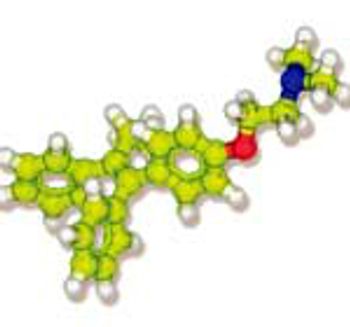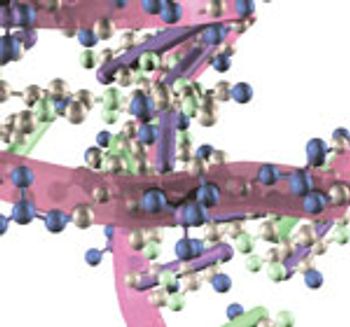
Women with breast cancer who practice yoga during radiation treatment receive a number of benefits that appear to have long-term durability.

Women with breast cancer who practice yoga during radiation treatment receive a number of benefits that appear to have long-term durability.

A recent survey reveals that most women aren't aware of the association between dense breast tissue and breast cancer risk.

Given the mixed messages involved, it's not surprising that women with ductal carcinoma in situ can become anxious and sometimes unduly alarmed by the diagnosis.

Susan Hope Schaffer, the 2014 Oncology on Canvas overall winner, shares how her experience with breast cancer helped her evolve as an artist.

Being a parent affects EVERY decision in my life, even the ones regarding my cancer care.

Breast cancer is a complicated family of diseases – the goal is personalized medicine, and a team-based approach should be the standard of care.

Lobular carcinoma in situ, or LCIS, is considered a risk factor for invasive cancer.Â

The condition can be managed, and new treatments are being investigated.

Will suspicious cells remain idle or become aggressive breast cancers?

The NCNN recommends testing for Lynch syndrome for at-risk individuals, regardless of whether they have colorectal cancer.

Written by a husband who supported his wife through her illness, Husband’s Guide to Breast Cancer offers a straightforward game plan to guide men in their role as caregiver.

Maintaining bone health is essential throughout cancer treatment.

The latest in cancer prevention, diagnosis and treatment.

When deciding on a cancer treatment—and determining its effectiveness—look for a biomarker.

Biomarkers can estimate cancer risk, screen for the disease and confirm a diagnosis.

One alternative to targeting specific tumor-associated proteins is to entice the patient’s immune system to attack the tumor directly.

Focusing on screening and genetic clues, progress in lung cancer shifts forward.

People with cancer should ask questions about what biomarker tests are offered for their cancer type, what those tests offer and what they don't.

David Spigel, a lung cancer specialist, explains the potential of biomarkers in the search for new treatments.

Clinical trial results suggests that pathologic complete response after HER2-positive therapy equates to great survival.

Small Yet Significant Steps in Treating Triple-Negative Breast Cancer

Aromatase inhibitors may help prevent breast cancer.

When it comes to relieving joint pain from aromatase inhibitors, motion is lotion.

Advertisements featuring real people discussing health problems caused by smoking motivated 1.6 million people to quit.

Recent studies show that two common colorectal cancer screening practices are both effective.